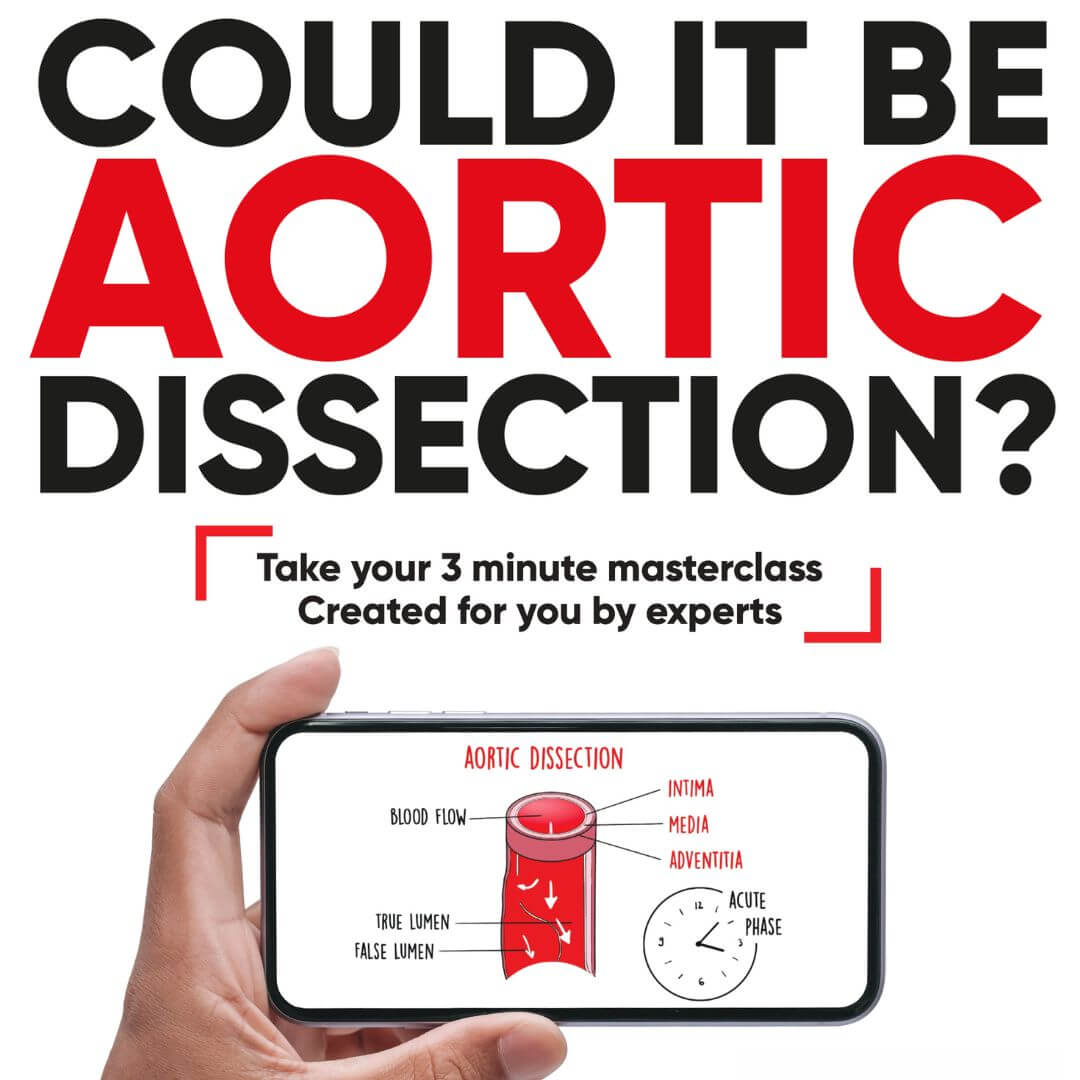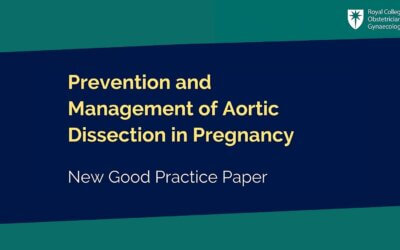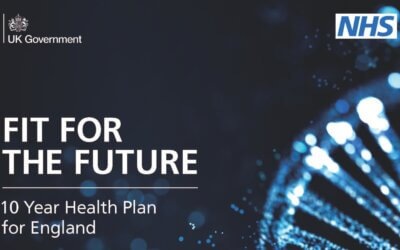The Aortic Syndrome Evidence Synthesis (ASES) Study represents considerable progress in addressing the challenges associated with diagnosing aortic dissection. Funded by the National Institute for Health and Care Research (NIHR), the result from this study aims to refine the diagnostic processes within emergency departments, potentially saving lives by ensuring timely and accurate identification of aortic dissection cases.
Two key figures involved in the research presented the findings: Steve Goodacre, a Professor in Emergency Medicine at the University of Sheffield, known for his expertise in clinical research, and Valérie Lechene, a survivor of aortic dissection, whose personal experiences bring an invaluable contribution to the patient perspective within the study. Their combined efforts underline the study’s commitment to integrating clinical excellence with the nuanced understanding that comes from lived experience.
The ASES Study was a collaborative effort that brought together specialists from emergency medicine, surgery, imaging, and health policy. Public representatives from the charity also played a crucial role, ensuring that the patient’s voice is heard in shaping the research and its outcomes. The primary focus of the study was to evaluate the effectiveness of clinical scores and biomarkers in diagnosing acute aortic syndrome. By employing computer models to analyse existing data, the research identified the most efficient and least invasive diagnostic strategies, thereby optimising patient care while reducing the reliance on unnecessary CT scans.
Personal Experience Shaping Research
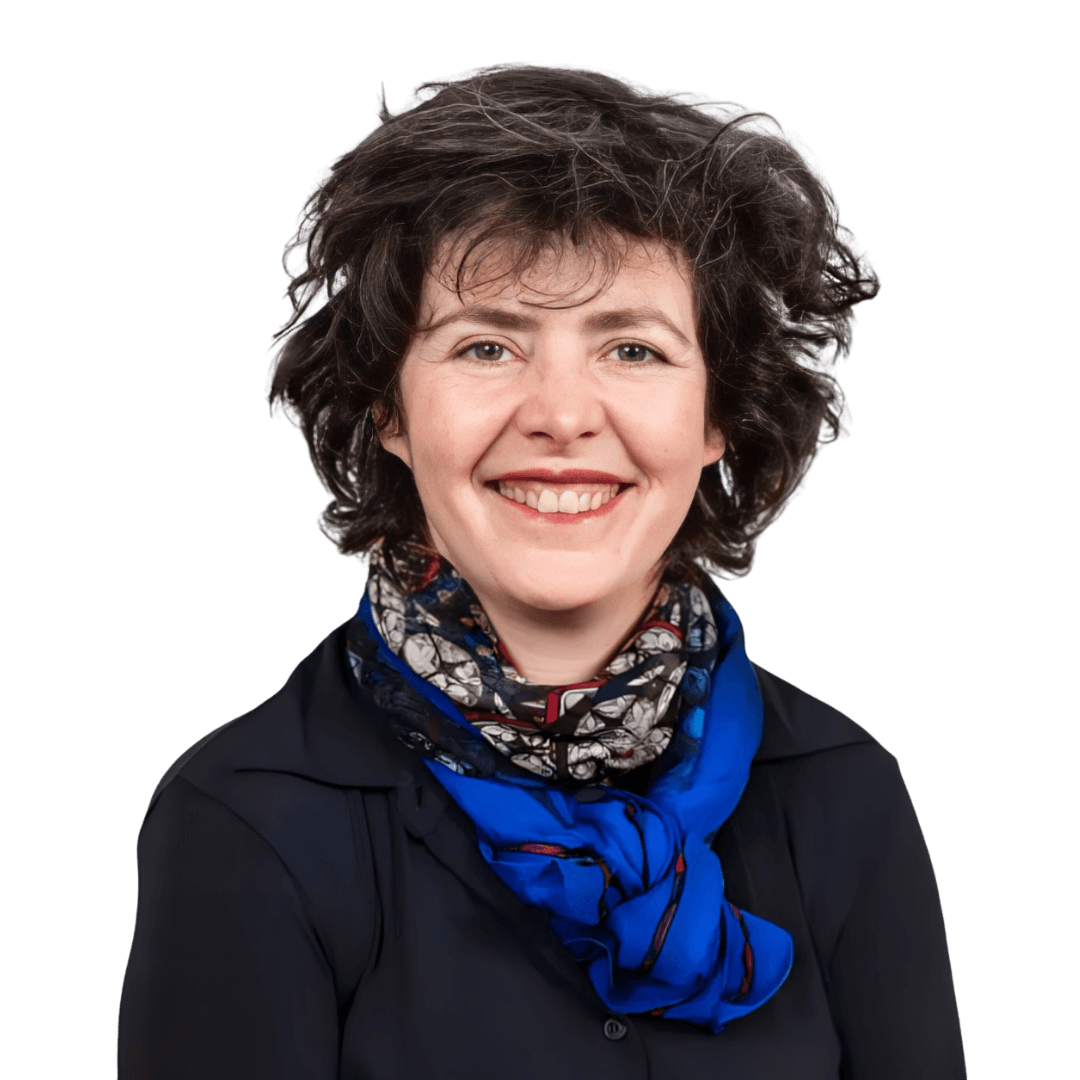
“My experience of acute aortic syndrome is typical in many respects, including the fact that my being alive today feels to some extent quite random”
Valérie Lechene
Valérie Lechene, a survivor of type A aortic dissection, shared her journey and involvement in the ASES study. Valérie’s experience in April 2019 transitioned her from a healthy individual to being on the brink of death within moments due to an aortic dissection, a situation she describes as both sudden and incomprehensible. Despite the severity of her condition, including experiencing indescribable pain and three strokes, there were delays in diagnosis as her symptoms were initially thought to resemble a panic attack.
Through her participation in the study, Valérie highlighted the importance of patient and public perspectives in forming research and medical practice. She pointed out the essential need for effective communication and education about aortic dissection, including its hereditary nature and the significance of immediate and accurate diagnosis. Valérie also emphasised the value of integrating personal experiences with clinical expertise to enhance medical understanding and patient care.
Insights from the Field of Emergency Medicine
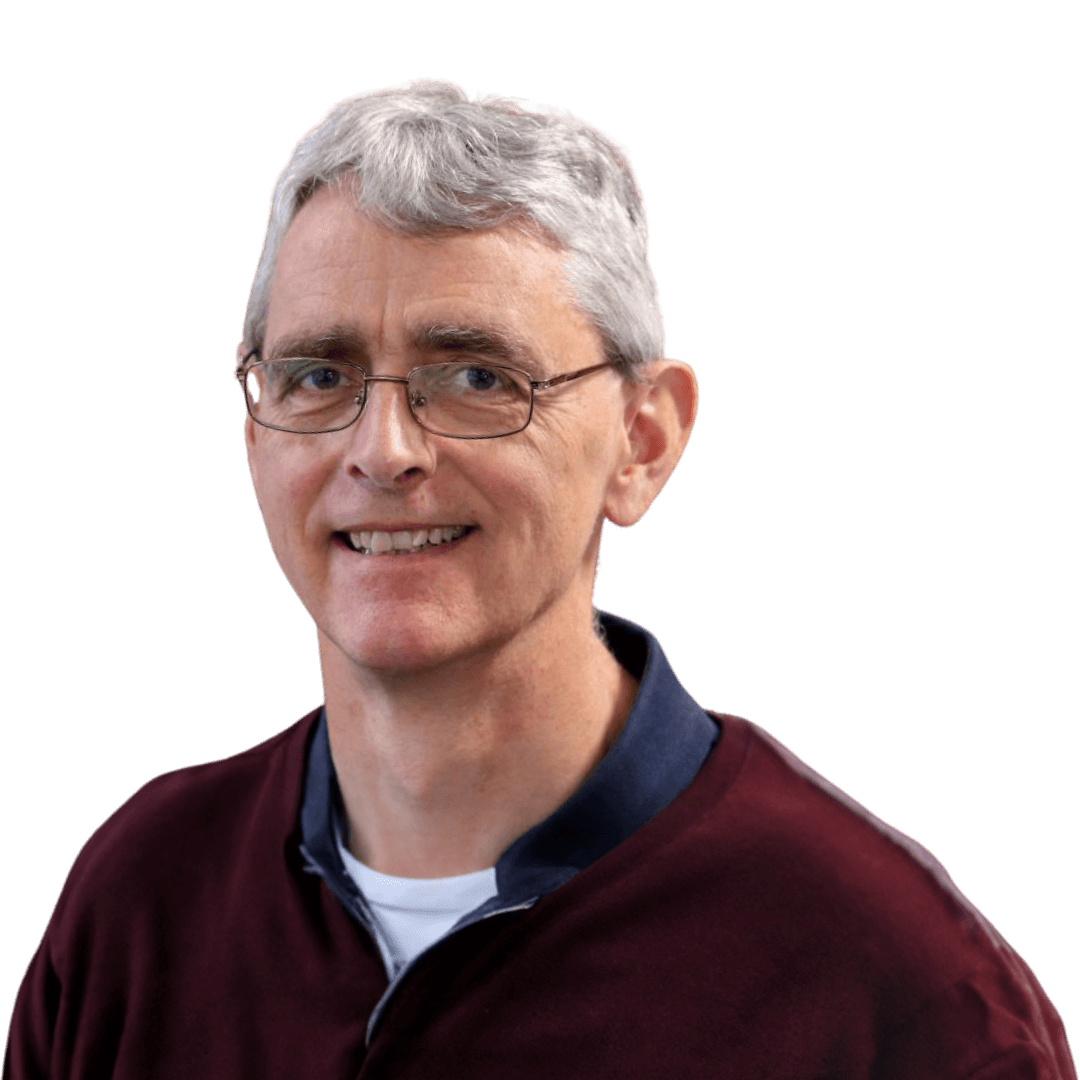
“AAS can present as chest, abdominal or back pain. There are over 2 million emergency department attendances per year in England just with these conditions”
Professor Steve Goodacre
In a comprehensive review of the study results, Professor Steve Goodacre acknowledged the financial support provided by the National Institute of Health Research, clarifying that the insights shared reflect the research team’s views and not necessarily those of the funder or the Department of Health and Social Care.
The research was primarily conducted through office-based analysis of existing data and simulation modelling, which allowed for a thorough examination of various diagnostic strategies and their implications on patient outcomes and healthcare costs.
Clinical Scores and Biomarkers
A critical review of current UK guidelines versus the Canadian approach to diagnosing acute aortic syndrome was a focal point of the webinar. The UK guidelines, which use features in the aortic dissection detection risk score (ADD-RS), were contrasted with the Canadian guidelines that recommends a D-dimer test for patients with an intermediate risk score before proceeding to a CTA aortogram. The Canadian guideline emerged as more cost-effective in the study’s modelling, offering a balanced approach with high sensitivity and better specificity, potentially reducing the number of unnecessary CT scans.
The webinar concluded with several key research recommendations:
- The necessity for a trial comparing the effectiveness of UK and Canadian guidelines in real-world settings.
- Further investigation into alternative biomarkers to enhance diagnostic accuracy.
- Exploration of tailored diagnostic pathways for individuals with a history of acute aortic syndrome, considering their unique risk profiles.
The ASES Study marks an important development in the diagnosis and management of aortic dissection, offering hope for improved patient outcomes. Through its comprehensive approach and integration of patient and public (PPV) involvement, the study set a precedent for future research in this critical area of acute aortic syndromes.

